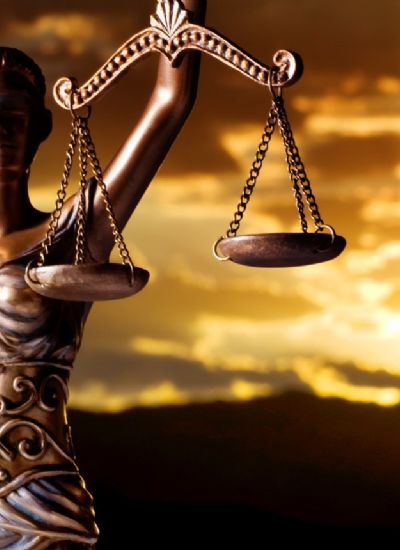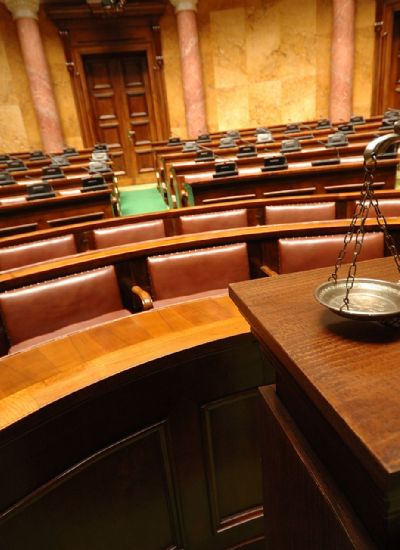The Senate's Duties
- The congressional duties are those that are shared, with equal weight, by the House of Representatives and the Senate. The primary congressional duty is the writing and passing of federal legislation. Other duties include regulating communication and commerce between states, regulating the U.S. mint and currency flow, forming appellate courts and declaring war.
- The Senate must approve any and all treaties negotiated by the president between the United States and foreign countries. The treaty document itself, along with any supporting documentation, is first reviewed by the Committee on Foreign Relations. The committee must then either send the treaty to the Senate floor with a recommendation in favor, a recommendation against or without any recommendation for action. It can also decline to act on the treaty. If the committee declines to act, the treaty is passed on to the next Senate and it remains in limbo until some future committee chooses to act on it or the president opts to withdraw it from consideration.
- It is the Senate that holds trials for federal officials undergoing impeachment. When a member of the federal government acts improperly or commits a punishable crime, and the House of Representatives formally charges, or impeaches, the individual, he moves to trial in the Senate, with the 100 senators sitting as jurors over the case. If the Senate finds the impeached official guilty he is permanently removed from office.
- The Senate must review, and subsequently accept or reject, those appointed to office by the president. Appointed positions which the Senate reviews include the director of the CIA, the Supreme Court justices and members of the presidential cabinet. Thousands of positions are quickly and routinely recommended and confirmed by the Senate through a regularized process that allows for the Senate to take quick action. Less than a thousand positions, which are high level positions with security clearance considerations, become subject to lengthy Senate investigations which include public hearings.




















